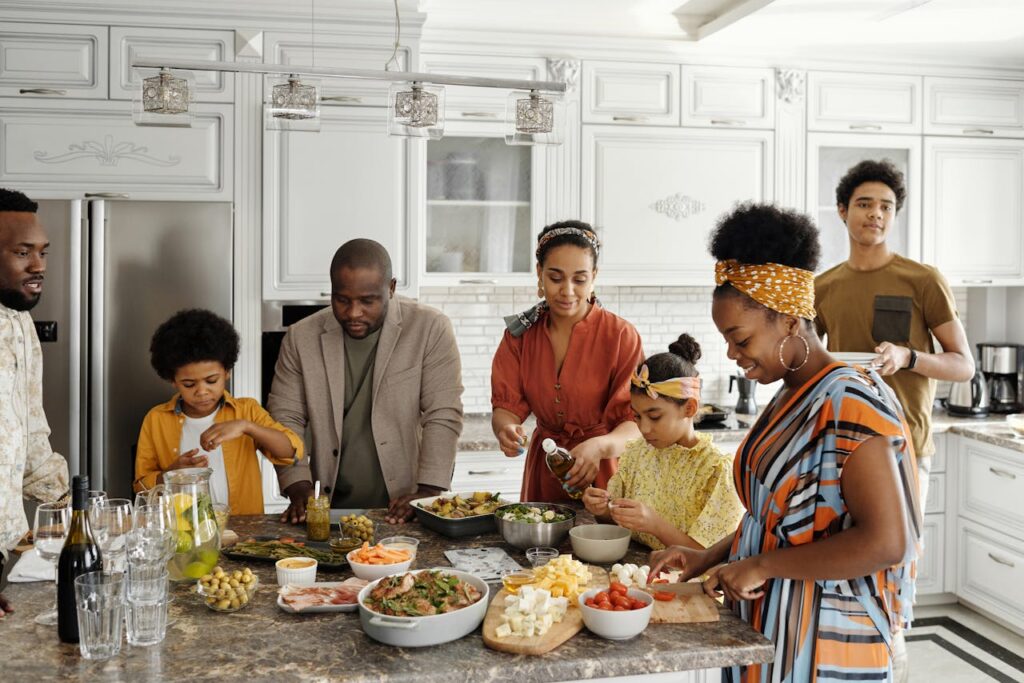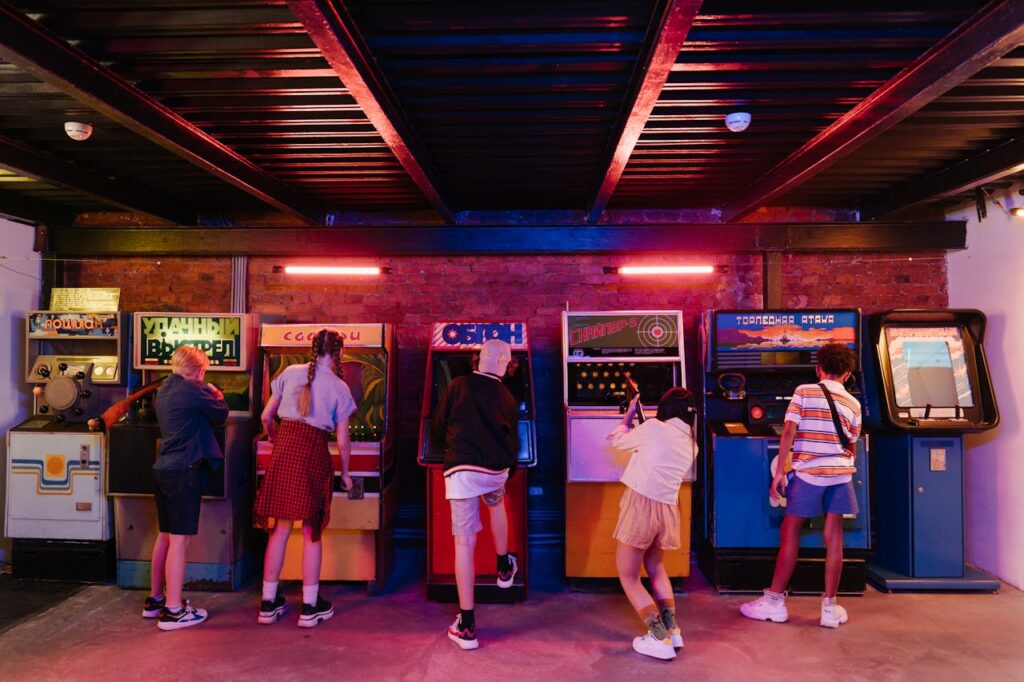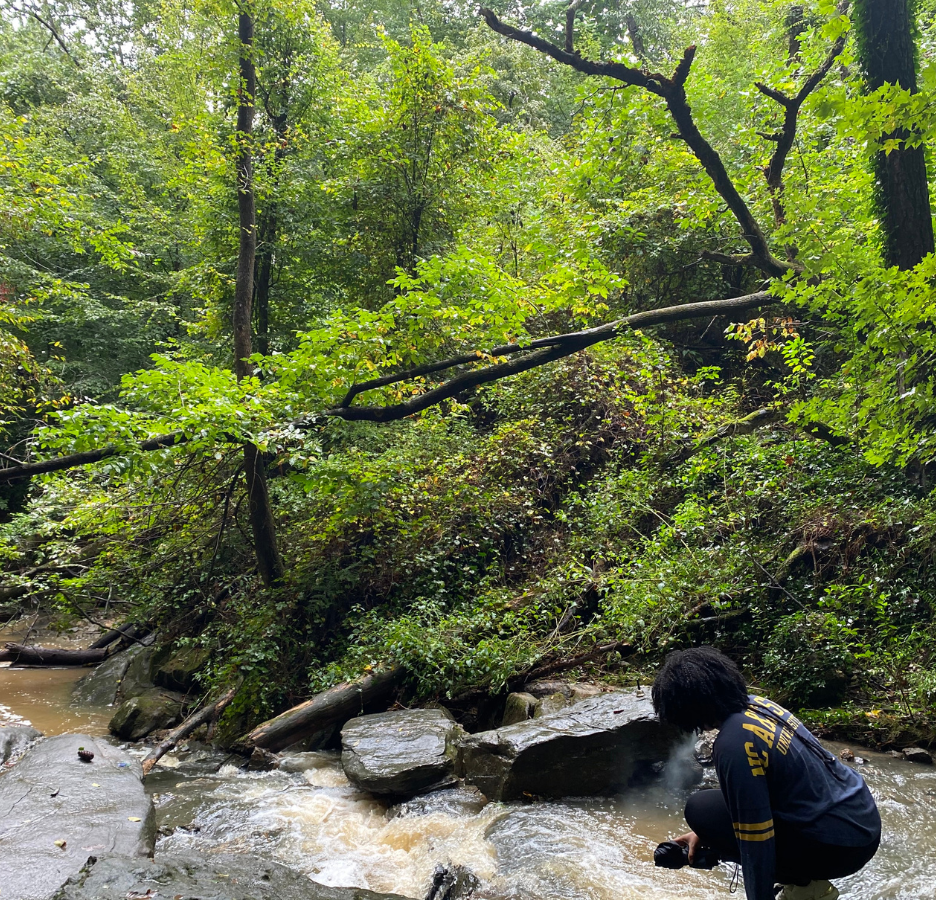
Recently, I had a thought-provoking conversation with a friend about the complexities of family dynamics and the challenges we face. As we exchanged our personal experiences, he shared a perspective that resonated with him: we don’t get to choose our families, and thus, we must navigate the intricacies of our relationships with the cards we’ve been dealt. This notion, while pragmatic, contrasts sharply with the lessons I’ve learned from my own mother.
My mother has always taught me to view our existence from a different lens. According to her, our Spirits are active participants in choosing the lives we lead. This concept transforms life into something akin to an elaborate game simulation, orchestrated by a higher power. In this vast Universe, there exists a divine Creator—God—who designs these intricate simulations. God possesses infinite knowledge of every possible outcome and scenario within the game of life.
Within this grand design, Spirit emerges as the player. Unlike the Creator, Spirit is not privy to the exact details of the game’s unfolding but has an understanding of the overarching premise. Imagine life as a sophisticated simulation where Spirit must select a character profile. Spirit peruses an extensive catalog of potential lives, each with its own unique set of attributes and challenges:

“John: Black male, raised in a two-parent household, driven but prone to recklessness, grappling with desires, and physically fit.”
“Jackie: White female, from a two-parent household marred by an abusive father, struggles with gluttony, possesses raw talent but lacks self-discipline.”
The profiles are rich with detail, each one representing a distinct path laden with its own trials and triumphs. After careful consideration, Spirit selects a profile and presses ‘Play’. In that moment, the chosen life begins—your life, or mine. We step into our roles, ready to navigate the complexities and opportunities that lie ahead.
This perspective offers a fascinating contrast to the idea of family and life being merely a set of circumstances beyond our control. It suggests that, instead, we actively engage in crafting our experiences, making choices that align with our deeper aspirations and spiritual growth.
This theory doesn’t dismiss personal actions and decisions. We remain fully responsible for how we act and respond to life’s circumstances, but it introduces a nuanced perspective on our individual experiences and accountability.
Original Post date: June 1st, 2021.






